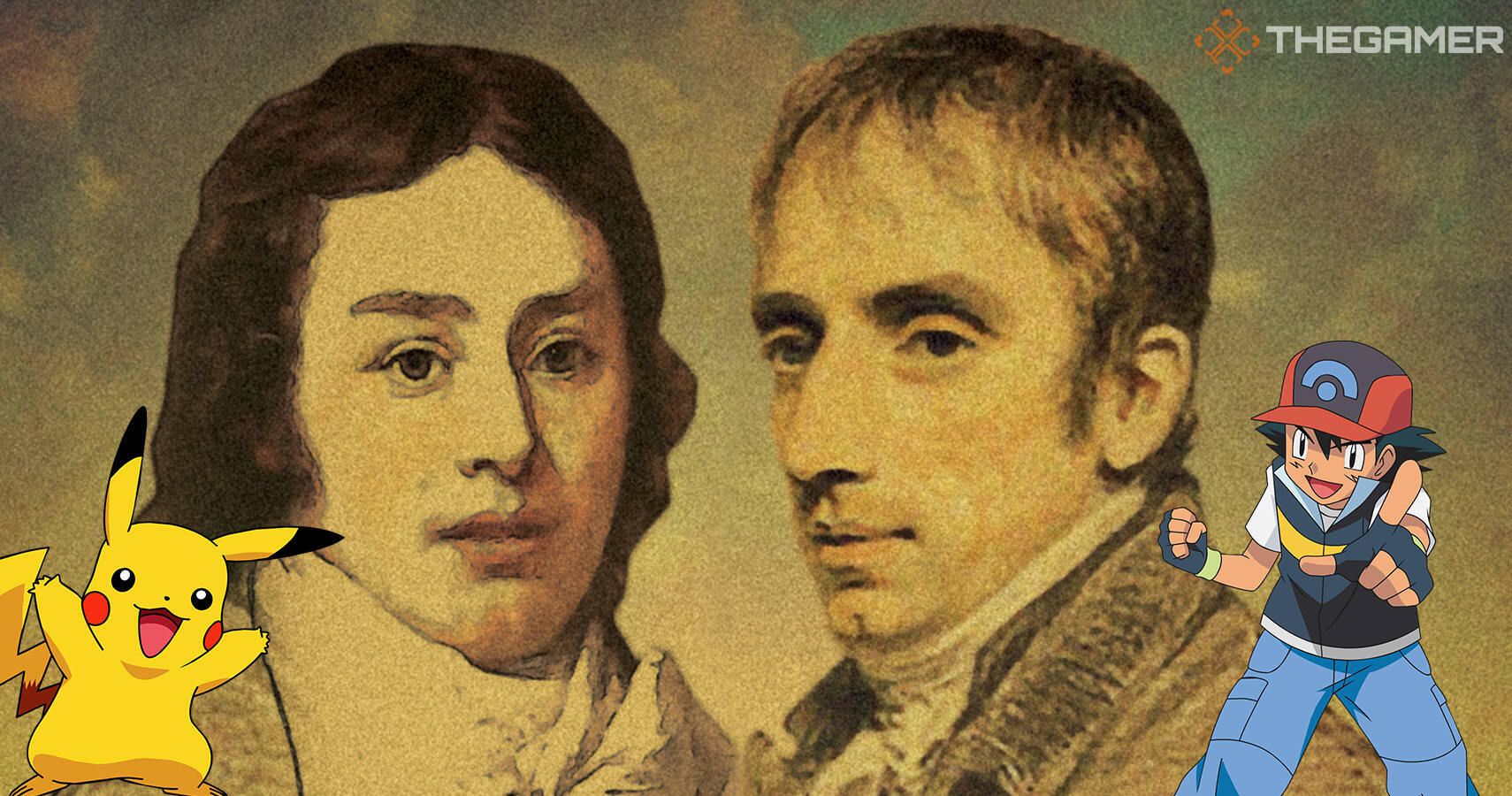

The romantic idea of these lines can be discovered in the narrators deep connection to nature but the abstract language in this poem, is difficult to understand, as the reader make a closer analyzation of the meaning to understand that the narrator’s conversation with the wind has gone into a deeper aspect as now the narrator is asking the wind to carry his thought across the universe so that all of mankind can be affected by his words. In the seventh line of the fifth stanza, Shelley states “Drive my dead thoughts over the universe Like wither’d leaves to quicken a new birth!”(Shelly 7-8) and in the next few lines “Scatter, as from an unextinguished hearth, Ashes, and sparks, my words among mankind!, Be through my lips to unawakened earth.”(Shelly 10-12) As mentioned in William Van O’Connor in the Sewanee review as he states” It is conceptual through which each abstract statement is played off against a concrete figure.”(Van O’Connor 565) Thus,the idea of the abstractness of the language that Shelley uses in the poem begins to come into reference. Romantic instances can be found in this stanza but the reader mainly gets the imagery of nature.įor readers who do not make a close analysis of what the narrator’s message is it can be difficult to understand the concept that the narrator is trying to convey. As he compares the wind to a ghost and the leaves as an enchanter fleeing interprets into the imagery of the reader. The language that the narrator uses in this stanza states gives a view of the narrator’s thoughts toward the wind itself. In the first three lines of the first stanza, the narrator begins by talking to the presence of the wind on an Autumn day “O wild West Wind, thou breath of Autumn’s being, Thou, from whose unseen presence the leaves dead, Are driven, like ghosts from an enchanter fleeing.” (Shelley 1-3) Shelley’s “Ode to the West Wind” is describing the narrator’s thoughts of the process of nature as well as asking the wind to preserve and convey his thoughts across the minds of humanity. Even though not a lot of people cared about Lucy when she was alive and now dead, her death made a difference to the narrator and he notices a difference now that she is no longer there.

In the last stanza, Wordsworth states that “She lived unknown, and few could know, When Lucy ceased to be ” from these stanzas the reader has know discover the name if this woman the narrator has been speaking of and since few people knew Lucy personally, it is understood that no one really paid attention to her death.Ī slight change from the simple description the narrator was first giving of Lucy to now as it has turned into the personal feelings of the narrator, that can be found in glimpses as we close in on the final two lines of the last stanza as Wordsworth states “But she is in her grave, and, oh, The difference to me!.”With this stanza, the reader understands the meaning of the poem the narrator is trying to convey. The Romantic ideal is found through the creativity of the narrator’s comparisons as comparing her to a violet hidden by a moss highlights this idea of the narrator’s feelings towards her because simply stating how great she was in simple words such as “beautiful” or “amazing” was not enough to fulfill his image of her. For instance, in the second stanza, Wordsworth begins by describing her and his thought of her by comparing her to a violet hidden by a mossy stone as he also stated how she was “fair as a star, when only one, is shining in the sky”(Wordsworth 7-8).įrom this idea, it is clear that despite the few people that noted her existence and the isolation aspect of her life, she had a good personality and such a rare light about her that made her special to the narrator. A number of Romantic ideas can be found at the beginning of the poem. There are various ideas that make Wordsworth’s “She Dwelt Among The Untrodden Ways” a clear idea of Romanticism as it reflects a young woman’s life in solitude as she left an impression on the narrator in life.


 0 kommentar(er)
0 kommentar(er)
